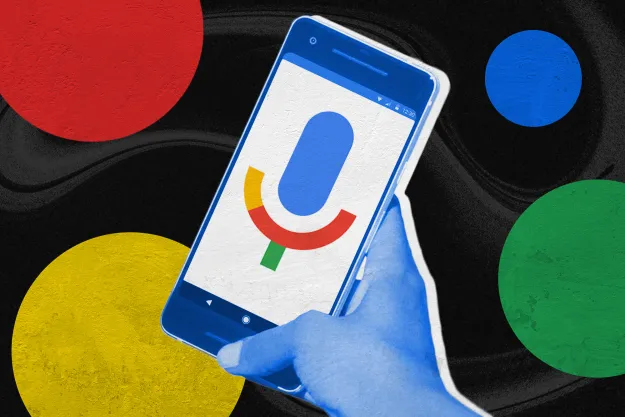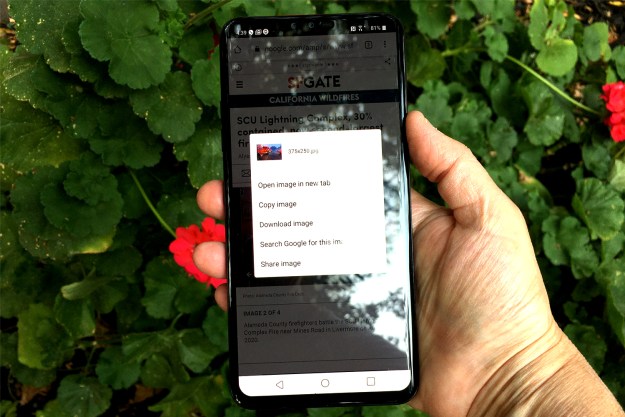
A new study has shown that more than a third of Google’s product line over the years has been shut down. According to Gwern.net’s immensely comprehensive study, a whopping 35 percent of Google products and services are shut down.
Gwern’s analysts tried to identify closure patterns, and gain a little bit of foresight into Google’s upcoming product line. And while they were shocked to find that one in three of Google’s ventures had folded, they did find a few commonalities between Google’s more successful ventures. Google’s ad products, more often than not, find their niche and stand the test of time. Most of its other directly profitable services work out pretty well, too. All told, totally in-house projects seem to get the team’s support most of the time.
That ends up being bad news if you’re one of Google’s acquisitions, though. The 35 percent of the company’s products that fail were mostly picked up from other developers and publishers. Their social endeavors don’t fare too well either, but with the company’s ironclad adherence to Google Glass’s mandatory connection with Google+, don’t expect its flagship social network to be folding any time soon.
Google Reader is also shutting down this summer, further demonstrating the company’s faith in allowing its products to retire. The thing of it is, that in this industry, hardware and software is always being redesigned or repackaged, so it’s hard to fault the company for moving on, but it isn’t really offering loyal Google Reader users any alternatives. Product longevity isn’t as much of a factor for consumers as it once was (or Google, it would seem), but leaving the public to find themselves a reliable and trustworthy new alternative seems a little cold, no?
Editors' Recommendations
- The most common Google Pixel 8 problems and how to fix them
- The 6 biggest announcements we expect from Google I/O 2024
- The 10 best photo editing apps for Android and iOS in 2024
- Foldable phone deals: Samsung, Motorola, Google, and more, from $500
- Save $150 on the Google Pixel Tablet with Charging Speaker Dock

